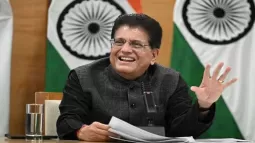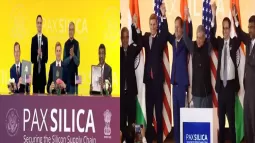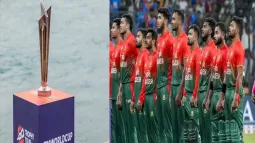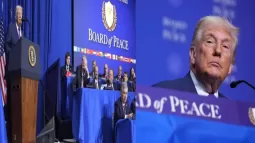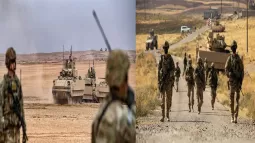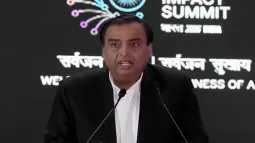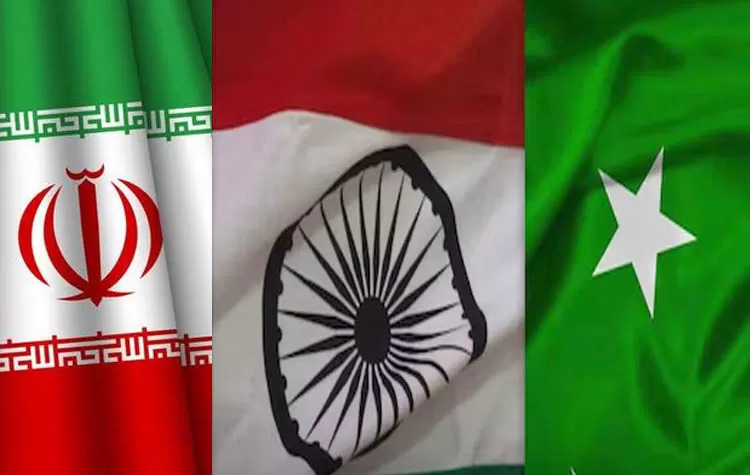
Iran has emerged as a priority in easing tension between India and Pakistan, indicating a new enthusiasm to be a diplomatic force behind South Asian stability. Iranian Foreign Minister Abbas Araghchi, on his official trip to Islamabad, reiterated Tehran's desire to broker talks between the two South Asian neighbors following recent tensions were raised after a deadly terror attack took place in Jammu and Kashmir.
Araghchi, in a statement upon his arrival in Pakistan, made arrangements for talks with top Pakistani officials and discussion on bilateral and regional matters. The visit is prior to the India-Iran Joint Commission meeting which was rescheduled, it comes at the time of international concern about the increase in tensions between New Delhi and Islamabad.
Iran's Diplomatic Initiative
Arabic Minister of Foreign Affairs, Abbas Araghchi, when he arrived in Islamabad, set the mood for it that high on the list of issues is de-escalating the situation, particularly India's and Pakistan's conflicts. Speaking about the significance of restoring peace, Araghchi said that he would meet Pakistan's President, Prime Minister, and Foreign Minister. He spoke about Tehran's focus on regional diplomacy, continuing to say that wider bilateral matters would also be the subject of discussion during meetings.
This diplomatic visit, initially scheduled for the India-Iran Joint Commission, has been delayed and will now continue in early May. Araghchi will be returning to India from his Pakistan tour, signaling Iran's intent to act as an even-handed interlocutor in the wake of the recent terror attack in Kashmir.
Russia Supports Diplomatic Mediation
In a parallel diplomatic gesture, Russian Foreign Minister Sergei Lavrov made a visit to his Pakistani counterpart, Ishaq Dar, to cool the recent India-Pakistan tension. Lavrov said Moscow stands willing to help de-escalate tensions, if both sides show a desire to extinguish the political tension following the April 22 terror attack in the Pahalgam region.
The attack, which took the lives of 26, targeted tourists in the Jammu and Kashmir Baisaran Valley. The "Resistance Front," a splinter group of the banned Pakistan-based Lashkar-e-Taiba organization, has taken responsibility for the attack. India has responded by issuing a series of policy documents meant to exert pressure on Islamabad and heat up subcontinental diplomatic tensions further.
International Reactions Prioritize Calm and Accountability
The move of Tehran to condemn the assault personally over phone to Indian Prime Minister Narendra Modi was interpreted by Iran's leader as an open declaration of a shared commitment for the security concerns of India but with doubling calls for de-escalation and cooperation.
Simply PM Anwar Ibrahim of Malaysia also talked to PM Shehbaz Sharif Pakistani Prime Minister which is one more way of using diplomatic means. He appreciated the internal issues being encountered by Pakistan and expressed hope that things would return to normal at an early date. He demanded an appropriate and transparent investigation into the attack and emphasized that any act of violence needs to be equally condemned.

